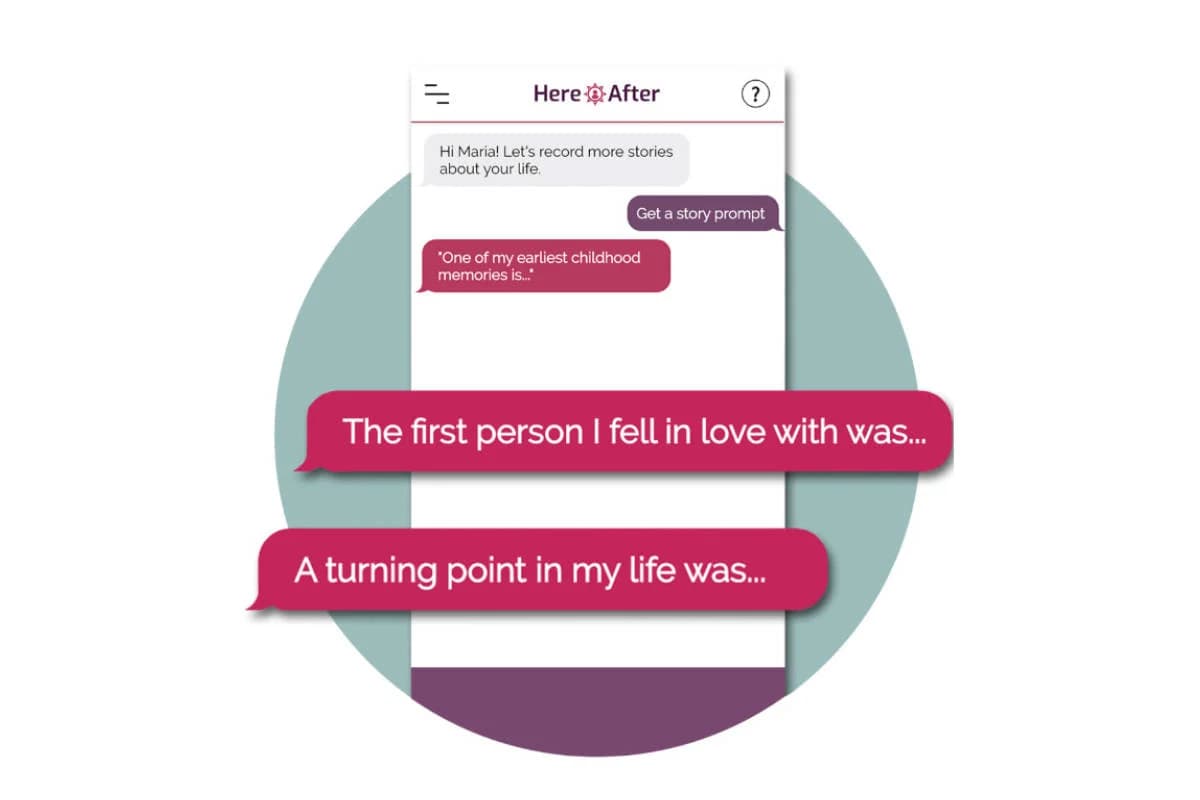
This article first appeared in Digital Edge, The Edge Malaysia Weekly on October 10, 2022 - October 16, 2022
When Google engineer Blake Lemoine claimed that LaMDA, or Language Model for Dialogue Application, was sentient, the internet buzzed with what this would mean for the future of artificial intelligence (AI).
There have been many films about AI, and the general consensus is that if left unchecked, our machine friends would not hesitate to take over the world. For example, in the film Her, the protagonist falls in love with his AI system, which is akin to Siri or Alexa.
In the real world, AI chatbots have become part and parcel of our daily lives. Businesses utilise them to build better customer experiences. AI can serve as a personal shopper, where customers’ preferences are noted and better recommendations are made to them each time they return.
But AI has developed into much more. Here are some uses of AI chatbots where the line between fiction and reality blurs:
1 Preserving the memory of loved ones
HereAfter AI is an interactive memory-sharing app that preserves the memories of a family member who has passed away. It saves and organises stories of one’s childhood and experiences, and captures one’s personality, through audio records.
Families would then have access to the AI version of their loved one at any time. When family members speak questions to the app, they will hear the memories captured in the replica’s voice.
2 Providing self-help techniques for mental health
Mental health awareness has been at the forefront since the onset of the pandemic. More people are aware of their emotional well-being, and companies and organisations are giving their employees more support in this area.
Wysa is a chatbot that helps users with anxiety, stress and depression. They can converse with the chatbot by crafting their own messages instead of relying on pre-written ones. The bot responds to queries with clinically proven self-help techniques.
3 Gushing over your favourite celebrity
Many people have fantasies of interacting with their favourite celebrities and idols, be it a meet cute or at a red carpet event. They trawl through gossip columns and social media accounts of celebrities for a dose of the glitz and glamour.
Mydol is a chatbot app that allows users to converse with virtual versions of celebrities. By doing this, users can live out their fantasies. The chatbot regularly gushes over users, giving them a self-esteem boost.
The app is a great tool to pass time, or for when you need a pick-me-up. Who better to do it than a virtual version of your favourite Korean oppa?
4 Getting through the night
Insomnia is a disease that consumes those who suffer from it. While the rest of the world is in dreamland, insomniacs lay awake wishing for sleep to come.
Insomnobot 3000 is a chatbot that chats with insomniacs, giving them something to occupy their mind. It is designed to keep users company when they can’t fall asleep, and is extra chatty between 11pm and 5am.
5 Lending a voice to the voiceless
People from marginalised communities are often silenced, their voices either unheard or ignored. International child advocacy non-profit Unicef is using chatbots to combat this. With U-Report, people living in developing nations are able to speak out about the most urgent needs of their communities.
U-Report sends out polls on urgent social issues. The responses are received in real time and displayed on a public dashboard for action to be taken by decision makers. The bot functions as a tool to share information, raise awareness and collect quantifiable data.
6 Determining online hate speech
Hate speech is an epidemic in the social media sphere. Twitter, for instance, has a reputation for toxic conversations, with online arguments breaking out often. This leads to a prevalence of hate speech.
#TrackerBenci is an initiative to track and categorise online hate speech in the Malaysian context using AI on Twitter. It aims to answer two questions:
1. Can we monitor online hate speech to identify trends in the Malaysian context?
2. Can we do this without relying on labour-intensive monitoring methods?
Using predetermined words and phrases that are considered hateful, #TrackerBenci uses machine-learning software to go through online Twitter chatter. Users can use the Benci calculator to determine words that are considered hateful.
Save by subscribing to us for your print and/or digital copy.
P/S: The Edge is also available on Apple's App Store and Android's Google Play.





